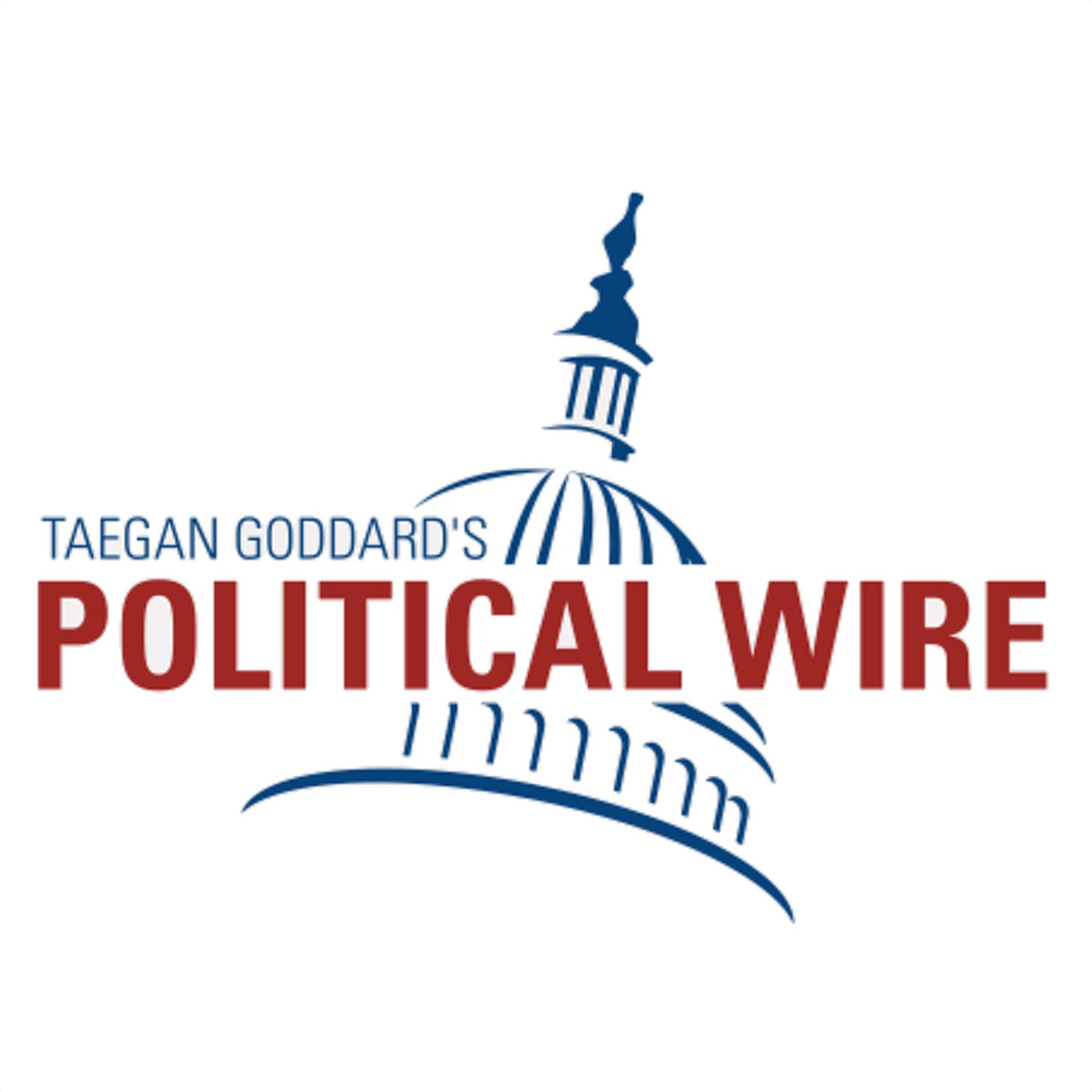superrific
Master of the ZZLverse
- Messages
- 12,325
This is one reason, I think, that the ballot initiatives don't really make much difference for electoral outcomes. Essentially, the ballot initiative allows voters to strip off the part of the GOP candidates they don't like -- i.e. the crazed anti-abortion shit. So while the initiatives might drive turnout, they might also encourage some swing voters to flip -- feeling as though it's safe to vote for Bailey because Bailey can't f with their reproductive rights.
Missouri Voters Poised to Overturn Abortion Ban
A new Saint Louis University/YouGov poll in Missouri found that 52% of voters supported the proposed constitutional amendment to overturn the state's abortion ban while 34% disagreed. The remaining 14% said they were not sure.politicalwire.com
“A new Saint Louis University/YouGov pollin Missouri found that 52% of voters supported the proposed constitutional amendment to overturn the state’s abortion ban while 34% disagreed. The remaining 14% said they were not sure.
However, the results also showed every Republican candidate, from Sen. Josh Hawley to Attorney General Andrew Bailey, with double-digit leads over their Democratic opponents ahead of the November election.”
Of course, the problem is that these voters (most of them low-info) don't realize that their constitutional amendment will make no difference at all if there's a federal ban. They think they are securing their reproductive rights. We know they are not.

